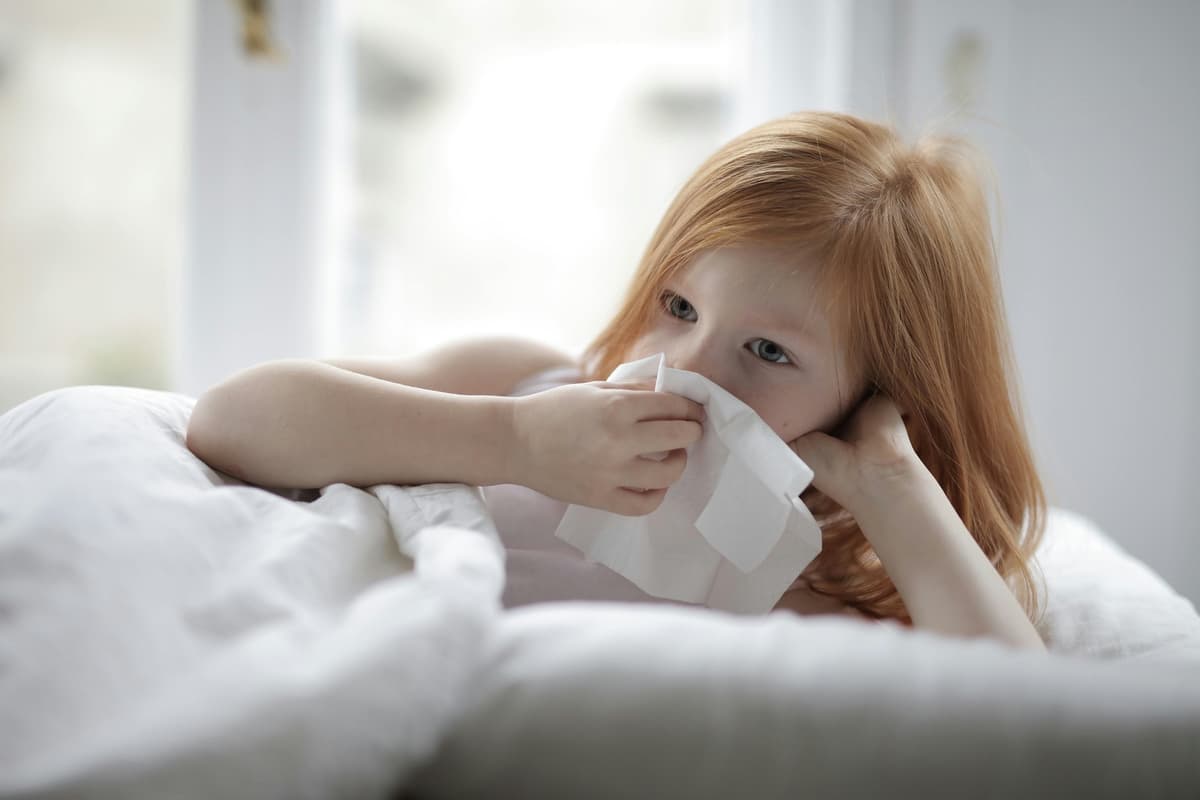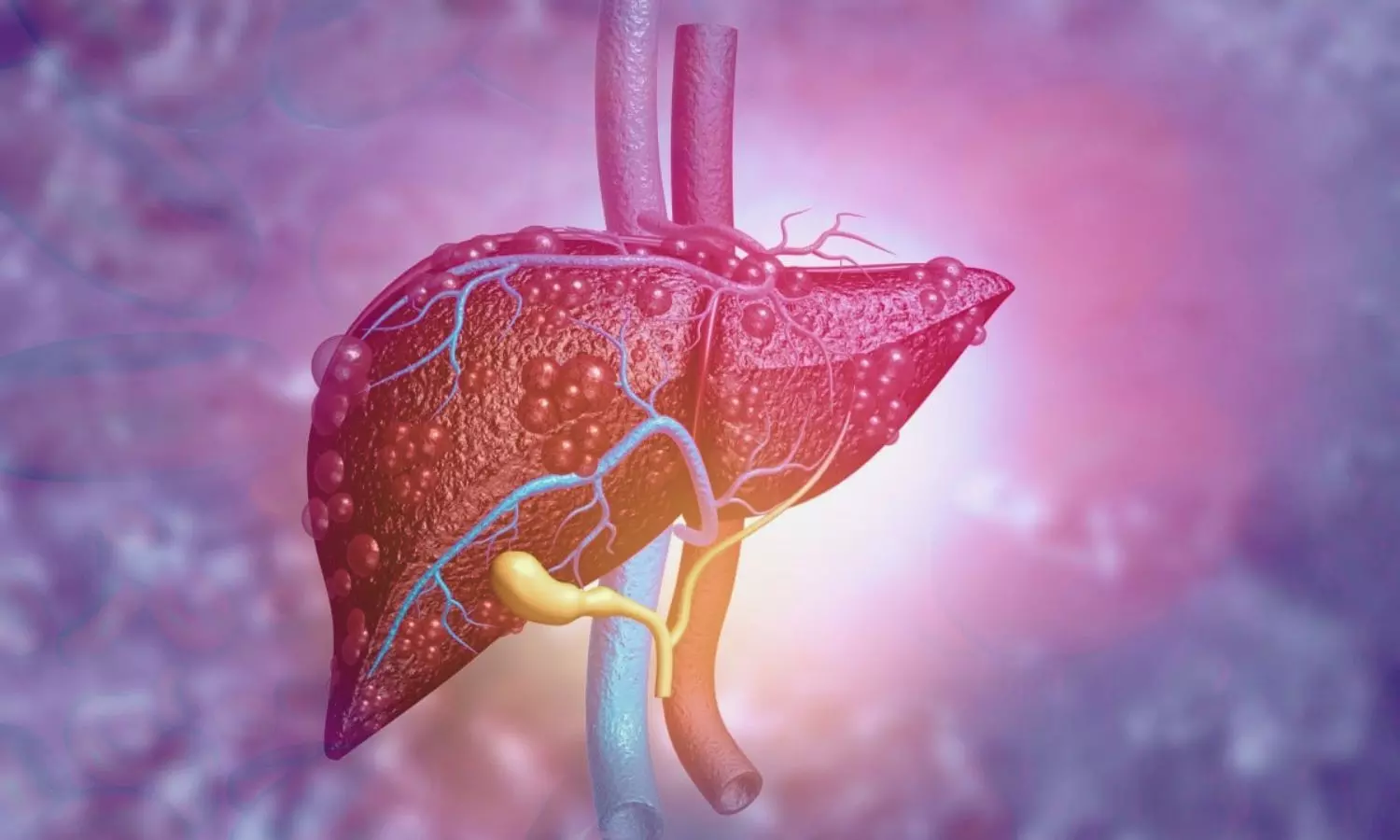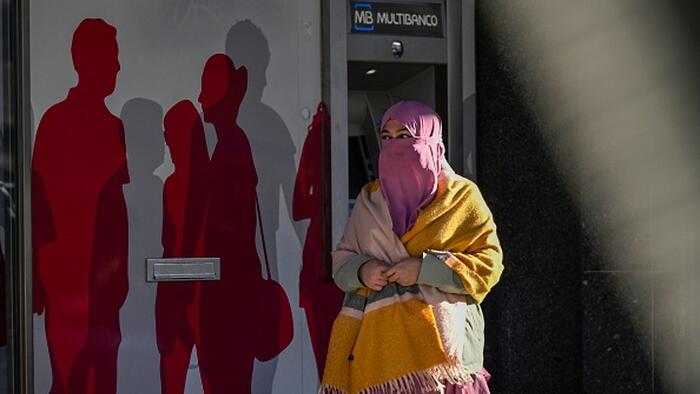Copyright thescarboroughnews

Cases of the flu are rising due to an earlier flu season this year, the latest data from UKHSA suggests.Flu cases are increasing the most amongst school-aged children.Parents are being urged to make sure their children are vaccinated. Parents are being urged to make sure their children are vaccinated against the flu, as cases amongst school-aged children “spread like wildfire”. It comes after the latest data from the UK Health Security Agency (UKHSA) showed flu cases and hospitalisations are on the rise, with cases among school-aged children driving the early start to the flu season. Many children will have received their flu vaccine in school, but parents are being reminded to sign and return consent forms or book an appointment for two to three-year-olds to ensure their child gets vaccinated against the flu as cases rise. Duncan Burton, Chief Nursing Officer for England, said: “It is hugely concerning that flu has hit us early this year, with a worrying increase among children. Flu can spread like wildfire across schools and can make children really unwell. “The virus changes each year, so vaccination remains the best way to shield your child from getting seriously ill. That’s why we’re making it easier than ever before for children to get the vaccine close to home or at school. “So, I’m urging parents to check their child’s options for flu vaccination as soon as possible; make sure you’ve opted your child in for their in-school vaccine or find your nearest community clinic over half term.” Why are cases of the flu rising? The latest data from the UKHSA suggests that cases of flu are rising due to an earlier flu season this year. Flu activity is increasing the most amongst school-aged children, with parents being reminded to get their children vaccinated. When should children get the flu vaccine? Parents are being urged to vaccinate their children ahead of the recent surge in flu cases. Claire Nevinson, Superintendent Pharmacist at Boots advised that the best time to get your child vaccinated is during autumn, as this allows the body to develop protection and immunity, offering maximum protection. How long does the flu vaccine take to work? The flu vaccine doesn’t protect your child immediately; it will take time to work. Claire explained: “After they've received the vaccination, which is usually in the form of a nasal spray, it usually takes around 10 to 14 days to be protected, so it’s best to book them in as early as you can.” Will the flu vaccine stop your child from getting the flu? There is still a chance of getting the flu after getting the flu vaccine; however, it’s likely to be milder, and you are less likely to develop complications or become seriously ill. Claire said: “Protection from the flu vaccination goes down with time, and the types of flu virus the vaccination protects against are updated each year. This is why it's important to get the flu vaccination every year.” Cases of the flu have been on the rise amongst children, according to the latest data from UKHSA. You can find out more about symptoms and who is eligible for the flu vaccine at NHS.UK.



